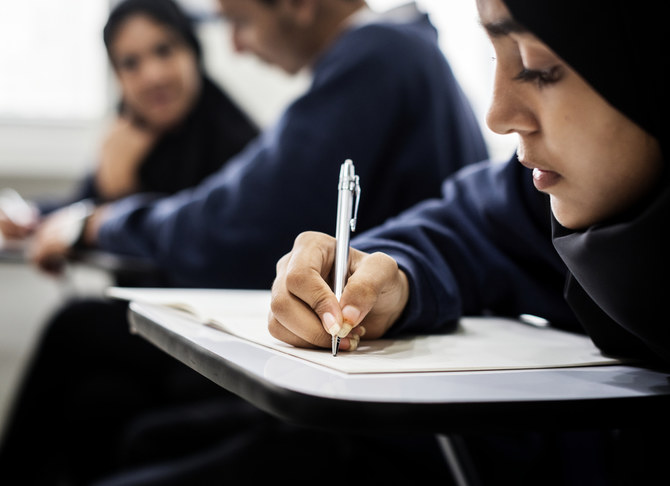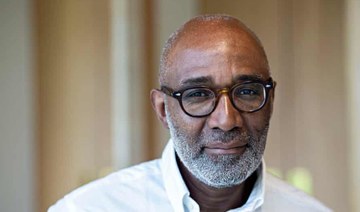LONDON: Almost three-quarters of teachers in England have encountered Islamophobic attitudes among pupils.
A study of 96 teachers conducted by the University College London Institute of Education, commissioned by education charity Since 9/11, found that increased access to the internet is fueling this trend, and that staff lack the resources or training to effectively counter it.
It added that schools’ approaches to tackling extremism vary, with some described as “tokenistic,” and that many teachers complained that they did not approach issues relating to extremism in classrooms for fear of getting things wrong.
“This is a wake-up call for us all. We must make sure that every pupil is taught how to reject extremist beliefs and ideologies,” said Kamal Hanif, a trustee of Since 9/11 and an expert on preventing violent extremism in schools.
“We know that right now extremists are trying to lure young people into a world of hatred and violence, both online and in person. We must use the power of education to fight back and help young people stand up and reject extremism and violence,” he added.
“We need far more clarity from government about the need to have time in the curriculum for frank and open discussions about extremism.”
Dr. Becky Taylor, from the UCL Centre for Teachers and Teaching Research, said: “This report shows that some schools fail to move beyond surface-level explorations of violence, extremism and radicalization; however, it is without doubt that schools can play an important role.
“Education policies must consider the fact that some schools may need more help than others to build on what they already have in place.”
She added: “Engaging well with their local communities and ensuring that schools and teachers are supported and appropriately resourced can help young people to problematize hateful extremism.”
In addition to Islamophobia, around 90 percent of teachers claimed to have come across conspiracy theories in schools, and almost all said they had encountered racism among pupils, with the report coming just months after the head of MI5 warned that children are increasingly the subjects of anti-terror investigations.
Ken McCallum said in July that radicalized teenagers are a “rising trend in MI5’s counter-terrorist case work,” with people under 18 representing 13 percent of all terror-related arrests last year, and people under 24 accounting for nearly 60 percent of all arrests related to far-right activity.














